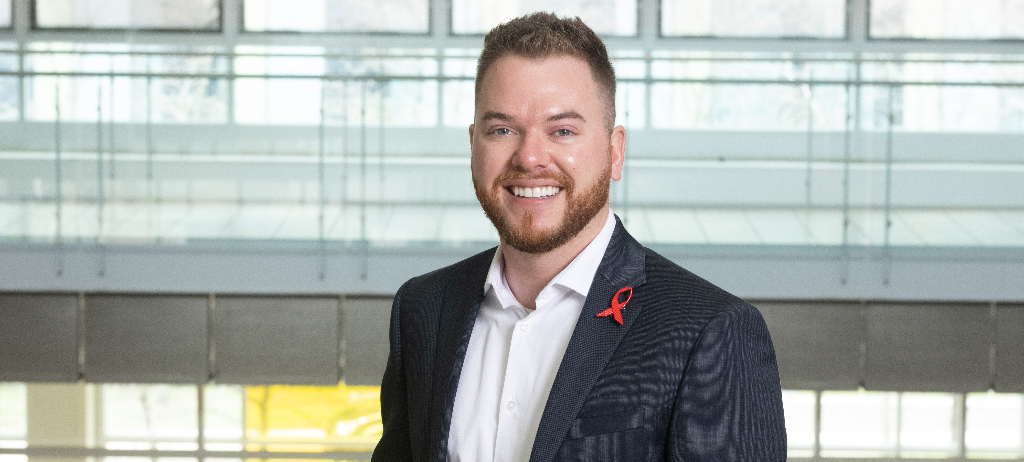
York breaks new ground with Indigenous Research Ethics Board
By Elaine Smith
York’s ongoing efforts to decolonize research has led to the creation of a wholly autonomous Indigenous Research Ethics Board (IREB) – the first of its kind to be assembled by a Canadian post-secondary institution.
Indigenous leaders throughout York identified a strong need for Indigenous-specific knowledges and leadership through research supports to ensure the appropriate understanding of cultural and community rights, roles and responsibilities across any Indigenous-related research. Work is underway to ensure the board is operational during the 2023-24 academic year and the IREB will mesh its unique approach with Tri-Council standards and requirements.
“Our implementation group is meeting weekly to create the working procedures and develop a training process,” said Sean Hillier, a Mi’kmaw scholar and chair of the team that enabled the establishment of the IREB.
The IREB will be made up of a council of five University faculty members, one undergraduate and one graduate student – all representing First Nations, Inuit and Métis Peoples and gender identities. It will also include three external Elders and Knowledge Keepers, as well as three non-University affiliated Indigenous community representatives. A call for community members went out in early August, 2023.
The working group aims have board members finalized in Sept. 2023 in order to be approved by the Indigenous Council and formally presented to York’s vice-president of research and innovation for appointment. Subsequently, member training will take place and the board will be ready to review research proposals.
“Recognizing the rights of Indigenous communities to steward knowledge production, it places the responsibility for ethical knowledge creation in the minds and hearts of Indigenous communities, which is where it must be,” said Susan Dion, York’s Associate Vice-President, Indigenous Initiatives. “It is a significant move in returning to Indigenous people agency, authority, and sovereignty in knowledge production on this land.”
Hillier says there will be a quick review procedure for many research projects with minimal risk. Using a delegated review, projects will need to be reviewed by an academic, an Elder or Knowledge Keeper and a community member. Other proposals may require more engagement with the board to realign and refine the research to ensure there is meaningful and ethical engagement at the outset of the work.
The board also plans to celebrate excellence when research projects are successfully completed – something that personalizes the research experience for researchers, participating communities and board members.
The IREB working group has already received numerous inquiries from other Canadian universities who are interested in collaborating or learning from York’s experience.
Hillier said, “We are not a pan-Indigenous board; given our limited membership we are not be able to represent the breadth and depth of all Indigenous knowledges.” He said that “by collaborating with other institutions and communities taking part in research, we can tap into a broader knowledge base. Many beautiful discussions are taking place.”

















